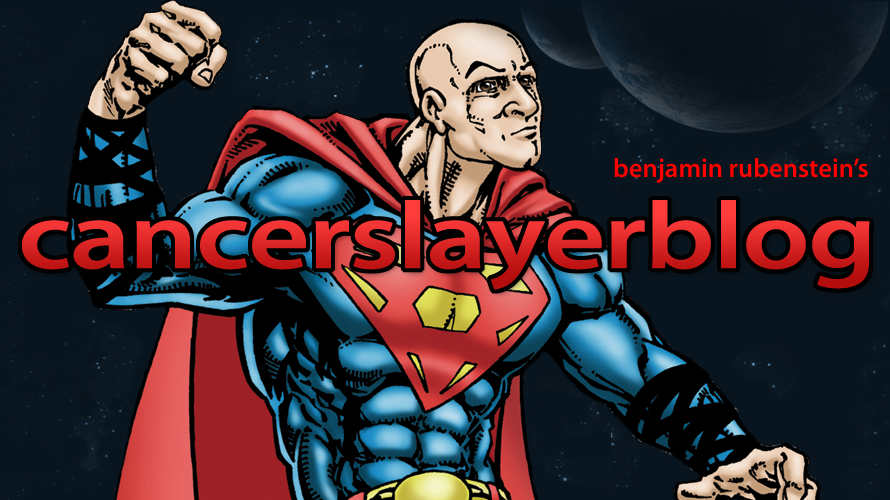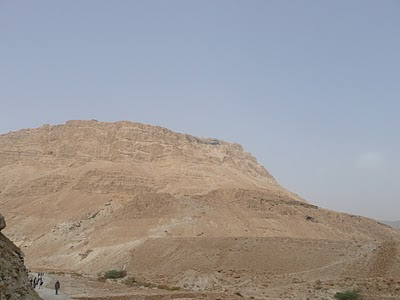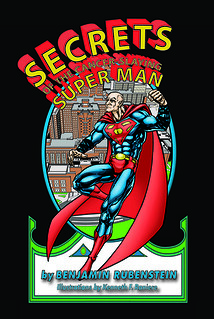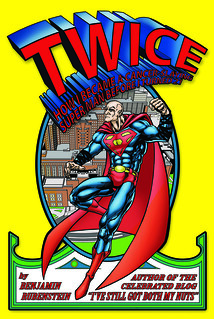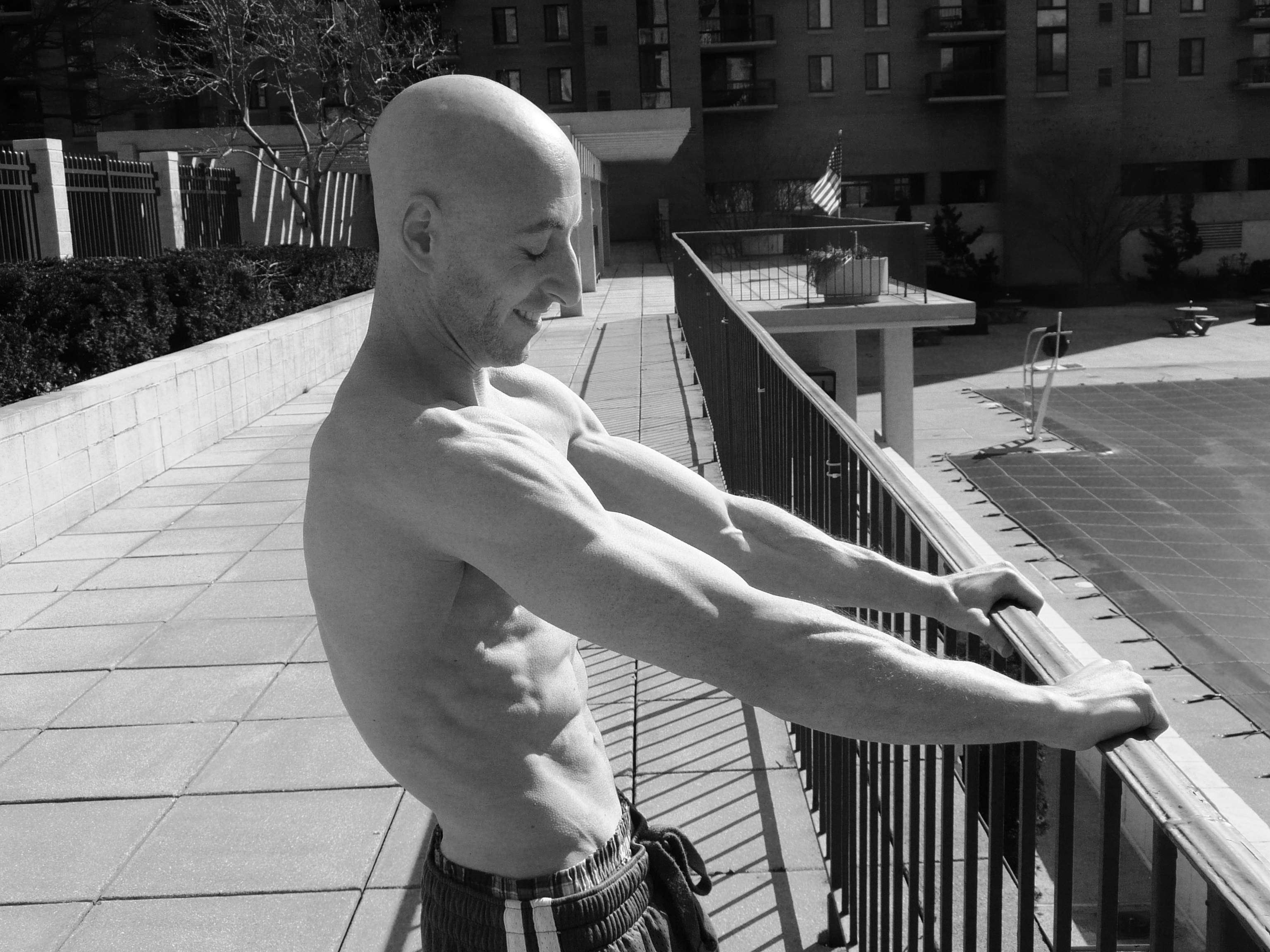The famous attorney, Johnnie Cochran, has been the defense for honorable cases, often representing black victims of racial violence. He has defended individuals who make me proud to be American. Individuals who have made the world a better place, who shape the minds of our delicate youth and enliven the old, who are the epitome of selfless citizens: Michael Jackson, Tupac Shakur, Snoop Dogg, Riddick Bowe, Marion Jones, Puff Daddy, and O.J. Simpson.
The Juice was minding his business when the bacon began chasing his white Bronco and making ridiculous accusations that he murdered his ex-wife and her lover. This is the same O.J. who won the Heisman Trophy, was inducted into the NFL Hall of Fame, and brilliantly played Detective Nordberg in The Naked Gun. It was criminal to think he was anything but innocent.
Thankfully, Mr. Cochran rushed to O.J.’s side and proved without a doubt that “If it doesn’t fit, you must acquit.” We can all sleep well knowing our justice system works.
Cochran’s biggest contribution—even more so than keeping the possible Second Coming free—is providing the inspiration for Jackie Childs, the fictional attorney for Kramer in several Seinfeld episodes. When Childs proclaimed, “A bra's got to fit right up against a person's skin…like a glove!" I became concerned that O.J. may take the comedy seriously and do something drastic. But then I remembered that O.J. is like a modern-day Buddha and would never think of raising a finger to anyone.
Cochran stopped practicing law following Puff Daddy’s stolen weapons and bribery case (Puffy was deemed innocent). Cochran was diagnosed with a brain tumor in 2004, and passed away the following year. It is a shame he would not be able to defend other victims, including Khalid Sheikh Mohammed, the supposed 9/11 mastermind.
Cochran has been honored for the right reasons. His boyhood middle school was renamed the Johnnie L. Cochran, Jr. Middle School, after a unanimous school board vote. The school board officials said Cochran was an "extraordinary, superb lawyer with movie-star celebrity status." I only wish that if I ever reach book-star celebrity status then my local landfill will be renamed the Benjamin M. Rubenstein dump.
Leia Mais…
